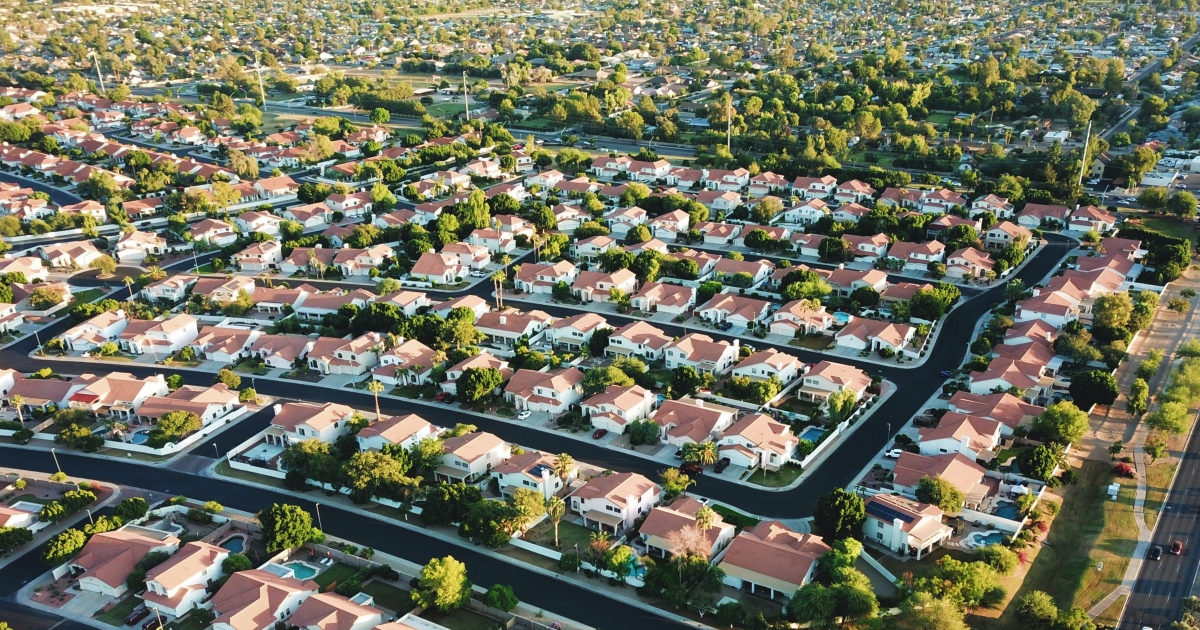
If you’re looking into buying a new home, and you happen to be looking at a condo or in a planned development, one term you’ve probably run up against quite a bit is “Homeowners’ association,” or HOA.
So what is an HOA? They’re organizations or boards of people who preside over a building, neighborhood, community, or development, in order to ensure a clean and cohesive atmosphere in the area. This can include many things, but what it basically is is an association that people who live in the given community have to pay into every month in exchange for certain services, usually including things like landscaping and minor repairs, often more.
The structure and rules of an HOA can very widely from place to place, or even neighborhood to neighborhood, so make sure to read the rules for an HOA contract before you sign on.
If you’re feeling uncertain as to whether moving into a neighborhood with a Homeowners’ Association, here’s a short list of pros and cons that might help you get started. Keep an eye out for things like these when perusing a specific contract, and create your own, personalized pros and cons list to help you decide whether this particular HOA is worth it:
Pros of an HOA:
- You have a guarantee that your neighborhood will always look nice, clean, and orderly.
- You’ll rarely have to worry about what’s going to happen if your home needs minor or regular maintenance: Most HOAs have that built into the cost of the organization.
- You may be paying for the use of community perks, like rec centers, public pools, tennis courts, etc.
- Things like utilities, cable, and garbage pickup are also sometimes covered.
Cons of an HOA:
- They can often dictate what you can and cannot do with the landscaping and decor of your home – you might have less freedom when it comes to things like painting, decorating for holidays, etc.
- You pay a fee every month, regardless of whether anything happens to your house or property.
- The HOA may include access to services, or activities you have no use for.
- There’s no guarantee that you’ll be completely covered if something big on your home needs doing, like roof repair or HVAC replacements.
But wait – there’s a second thing you should consider here.
Just because you decide against a HOA, doesn’t necessarily mean you should be paying less into home maintenance. Not having that monthly sticker price might seem like a huge amount of savings, but in truth, a lot of it might be money you end up spending in other places anyway.
Even if you do decide to move into a neighborhood that doesn’t fall under the purview of a Homeowners’ Association, you should probably still be putting some of the money you would have paid into one away for later, for when unexpected things happen to your house.
Patricia Kennedy, a realtor from Washington, DC, recently wrote a blog post about this that you might find helpful in this situation.
When You Buy a House, Should You Charge Yourself a “HOA” Fee?
by Patricia Kennedy of RLAH Real Estate

Some of the people I’ve worked with have preferred a house to a condo because they don’t want to pay a monthly condo fee, in addition to their mortgage, real estate taxes, and hazard insurance.
But wait!
With a house, they will have to pay their mortgage, taxes, and insurance, and then they must maintain the place themselves.
Any house is a complex set of systems that have a way of getting clogs, leaks, bugs, electrical shorts, and other signs of a breakdown. There is usually a lawn to mow, driveway to keep paved, paint that peels, and wood that rots or gets eaten by termites. So, just like a condo building, a house will take money to keep it in good repair with all systems working.
Well-run condos set up an annual budget, and an important category is “Reserve Funds”. This is to deal mostly with money set aside for expected repairs over a period of time. If a roof lasts 20 years, and the current one is 10 years old, part of the reserves will be set aside so when the time comes, there will be funds to pay for a new roof. There will also be money set aside to replace hot water systems, boilers, hallway carpet, and anything else the condo board can identify.
Just like a condo building, the systems in your house will predictably – and sometimes unpredictably – break down. And once in a while, something not so predictable happens.,
A few years ago, I set up a separate account for breakdowns in my 100-year old house. It came in handy for replacing my old kitchen appliances, re-keying locks, and replacing the roof over my front porch. When termites showed up for their mating ritual in my basement, the reserve fund paid the exterminator. And right now, as I wait for a plumber to repair or replace my aging hot water heater, I will use this account to pay the bill.
Then there are the reserves that I’m building up to re-build a rear verandah, waterproofing the front room in the basement, and a few other projects that I’ve earmarked for completion this year.
Bottom line, having to pay for your home’s upkeep, whether it’s a condo or a house, is as certain as death and taxes for any property owner! The only exception is when you don’t own your home.



